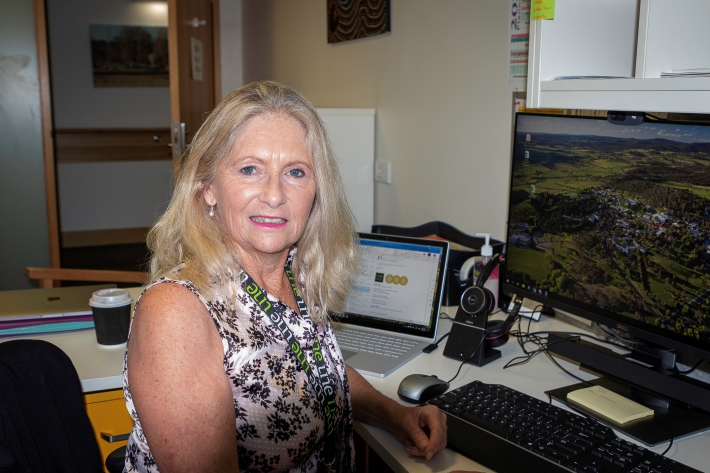Drawing on almost 20 years of clinical rural experience, the director of the University of New England (UNE) Psychology Clinic believes the very strength and resilience that rural communities have demonstrated in recent years stands them in good stead during this global crisis.
"For many people this is a third strike, and that makes it really tough to dig deep again," Dr Jefferys says. "Many are asking 'what's next?' But I have amazing faith in rural people, and digging deep is exactly what they will do."
Even as the Armidale-based psychology clinic moves to telehealth delivery to safeguard clients, Dr Jefferys has urged all Australians to keep a cool head.
"We are living in uncertain times, which is creating collective anxiety that we cannot easily address," she says. "But Australia is responding very well to the coronavirus threat. We have amazing health professionals and we must all work hard to calm the farm."
Dr Jefferys says while the fast-moving COVID-19 crisis undoubtedly represents a "considerable burden", we find ourselves at a major crossroad in how we deal with the pandemic. Amid grocery shortages, group gathering bans, school closures and the adoption of social-distancing, she offers a refreshing perspective.
"One thing Australians do really well is that we step up to the plate," Dr Jefferys says. "COVID-19 is something we could never have anticipated, but we are a pretty tough bunch and will be resilient as we step through this. It's vital that we don't get bogged down in the hysteria and media reports of catastrophe, and fail to acknowledge what is working well.
"Lives will sadly be lost, and individuals and small businesses will unquestionably find it harder to support themselves socially and economically, at least in the short-term. We are seeing rapid changes to our daily lives and work arrangements, and many people are picking up on the angst and anxiety felt by others.
"However, I think Australia is effectively managing the spread of the virus to flatten the curve of infection, and we health professionals are working very hard to keep vulnerable populations safe and to minimise risks."
The UNE Psychology Clinic has already seen an increase in clients anxious about the pandemic and its impacts, and had implemented safety measures ahead of NSW Health directives.
"It is now pertinent that we take the next level of care," Dr Jefferys says. "As of next week, psychology students and clients will conduct all sessions online, to avoid face-to-face contact.
"Our country is taking smart action to try to avoid the extreme outcomes we've seen in countries like Italy. To a large degree, I think we will be able to hold the line because of that pro-activity.
"The fires were an incredible example of our ability to be compassionate and kind, and to make tough decisions when we have to. We can keep ourselves appropriately informed through reliable sources and choose to move on and still live well. This is an opportunity for personal leadership, for communities to demonstrate their stoicism, and for us to support one another."
Dr Jefferys has recommended against "being glued to the news and hyper-vigilant". "We know that panic impacts our immune system and our ability to ward off infection," she said. "The more stressed we are, the more vulnerable we become."
For those who find they are not coping, she advocates "making the gutsy decision" to seek professional support. "We recognise that this pandemic will create new and additional pressures on our mental health system," she said. "But just as we responded by increasing support services post drought and fires, we will pull in new resources to meet the demand. I am confident we will all rise to this challenge."


